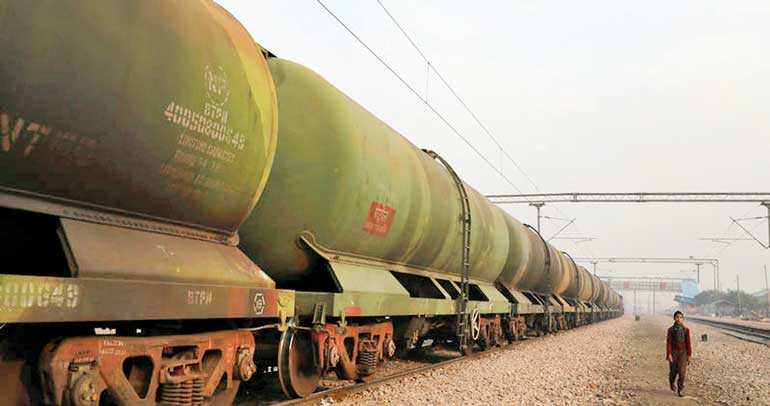Monday Feb 23, 2026
Monday Feb 23, 2026
Monday, 29 April 2019 00:05 - - {{hitsCtrl.values.hits}}

NEW DELHI (Reuters): Surging global oil prices will pose a first big challenge to India’s new Government, whoever wins the election that is now underway, especially as domestic prices have been allowed to lag, meaning consumers are in for a painful surge as they catch up.
For oil-import dependent India, higher global prices could lead to a weaker rupee, higher inflation, the ruling out of interest rate cuts and could further weigh on twin current account and budget deficits, economists warned.
But compounding the future pain, State-run fuel suppliers and retailers have held off passing on to consumers the higher prices during a staggered general election, which began on 11 April and ends on 23 May, according to sources familiar with the situation.
That delay is expected to be unwound once the election is over. And there could be additional price increases to make up for losses or profits missed during the period of delayed increases, the sources said. In some major Asian countries, such as Japan and South Korea, pump prices are adjusted periodically so they move largely in tandem with international crude prices.
That was what was supposed to happen in India, but the election means there have been many days when pump prices have been unchanged.
In New Delhi, for example, while crude oil prices have gone up by nearly $9 a barrel, or about 12%, in the past six weeks, gasoline prices have only risen by Rs. 0.47 a litre, or 0.6%.
State-controlled fuel suppliers and retailers declined to say why they had delayed price increases, or discuss whether there has been any pressure from the Government of Prime Minister Narendra Modi.
A Government spokesman declined to comment.
The Opposition Congress party said Modi’s Government was violating its own policy of daily price revision by advising the State oil companies to hold prices steady.